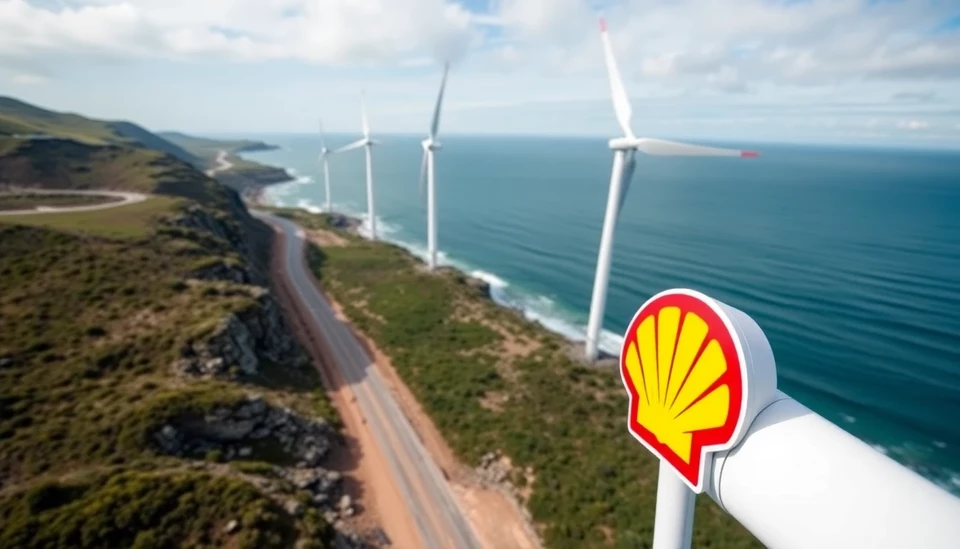
In a striking development, oil giant Shell has announced a staggering $1 billion write-down associated with its offshore wind farm project in the United States, a venture that has drawn the ire of former President Donald Trump. The announcement comes amid a broader industry struggle as companies like Shell grapple with the transition from fossil fuels to renewable energy sources.
This significant financial adjustment reflects the challenges and uncertainties surrounding the project, particularly in light of Trump's administration's previous efforts to promote fossil fuels over green alternatives. The former president has repeatedly criticized the wind energy sector, arguing that it is an unreliable source of power and often expressing his disdain for renewable energy initiatives in general.
Shell's troubled wind farm project, situated off the coast of New York, encountered considerable regulatory hurdles and community opposition, which have led to increased costs and uncertain profitability. The intricacies of navigating state and federal permissions have added layers of complexity that have hampered the project’s progress, illustrating the challenges that major energy firms face as they pivot towards greener alternatives.
While Shell remains committed to the energy transition, this multi-billion-dollar hit raises questions about the viability of large-scale wind energy projects in politically charged environments. Critics argue that the push for renewable energy is often met with skepticism in regions where traditional fossil fuel industries dominate. This sentiment appears to resonate with some segments of the public, fueled by rhetoric from influential figures such as Trump.
Despite the setback, Shell has not abandoned its ambitions in the renewable sector. The company is eager to play a vital role in the clean energy movement, stating that it will continue its investments in wind and solar projects—key components of its strategy to reduce its carbon footprint and generate sustainable energy solutions for future generations. However, with resistance from political figures and complex regulatory landscapes, achieving these goals may become increasingly difficult.
Current trends in the energy sector suggest that while renewable projects often encounter initial challenges, they possess long-term growth potential. Shell's experience serves as a cautionary tale for other companies eyeing similar ventures, highlighting the importance of thorough planning and community engagement in the early stages of project development.
As the debate around energy sources continues, the intersection of politics and renewable energy remains a focal point. The future of wind energy, particularly in the United States, seems uncertain as companies evaluate the risks and rewards of investing heavily in projects that may be susceptible to regulatory changes at any moment. For now, Shell is left to navigate its significant write-down while attempting to maintain its commitment to sustainable practices.
This situation exemplifies the broader struggles faced by the renewable sector amidst fluctuating political landscapes and ongoing debates about the future of energy in the United States. Shell’s experience highlights the complexity and challenges of pursuing ambitious green energy goals in today’s contentious and rapidly changing environment.
As Shell moves forward, it remains to be seen how this setback will impact its strategy going forward and the ramifications it may have on other energy firms exploring similar renewable energy projects.
#Shell #WindFarm #DonaldTrump #RenewableEnergy #EnergyTransition #FossilFuels #CleanEnergy #InvestmentChallenges #OffshoreWind
Author: Megan Clarke




